The World Radicalized by the Gaza Genocide
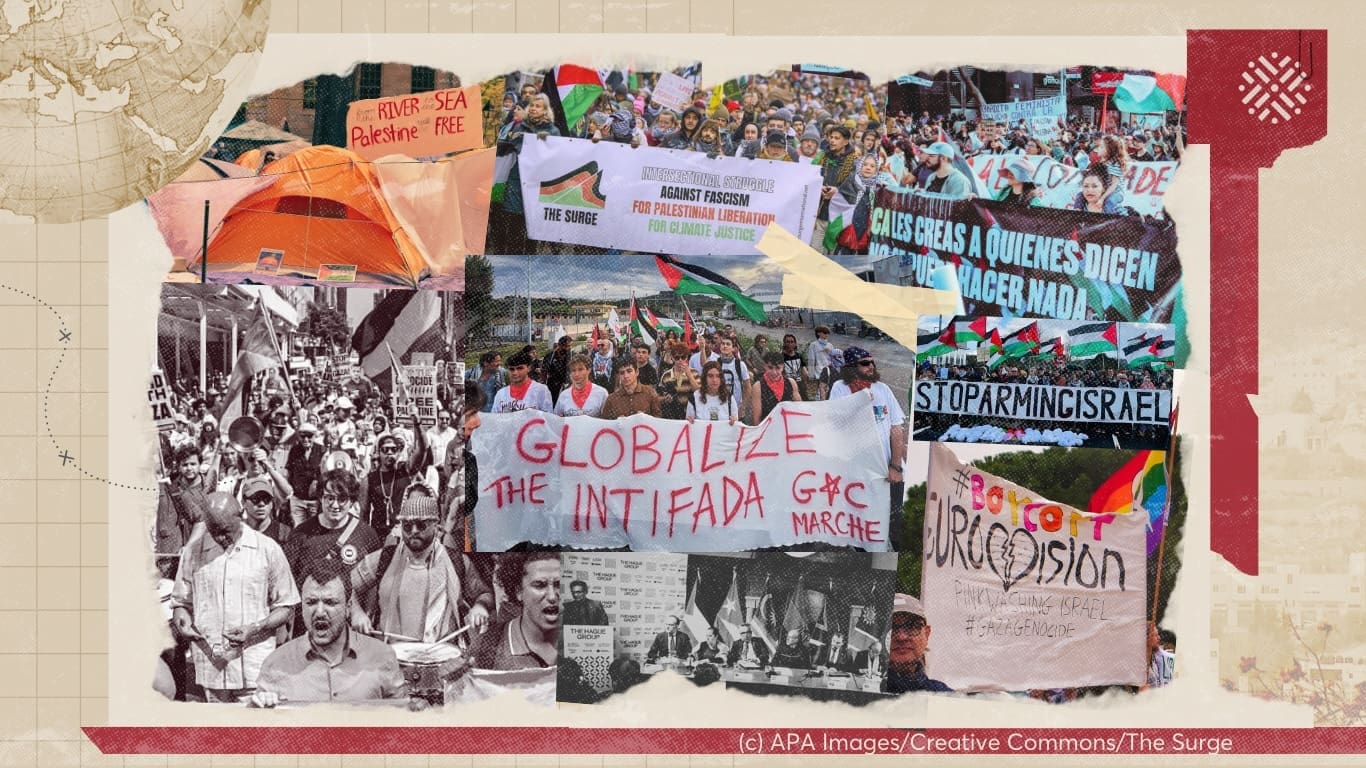
This commentary is based on Tareq Baconi’s contributions at an October 2025 panel event with Novara Media. The recording may be viewed in full here. Introduction October 7, 2023, marked a paradigmatic rupture in how Palestine is discussed and imagined. Until that moment, international discourse had been trapped in the vocabulary of statehood and peace […]
Gaza Uninhabitable: Challenging Colonial Frames of Erasure
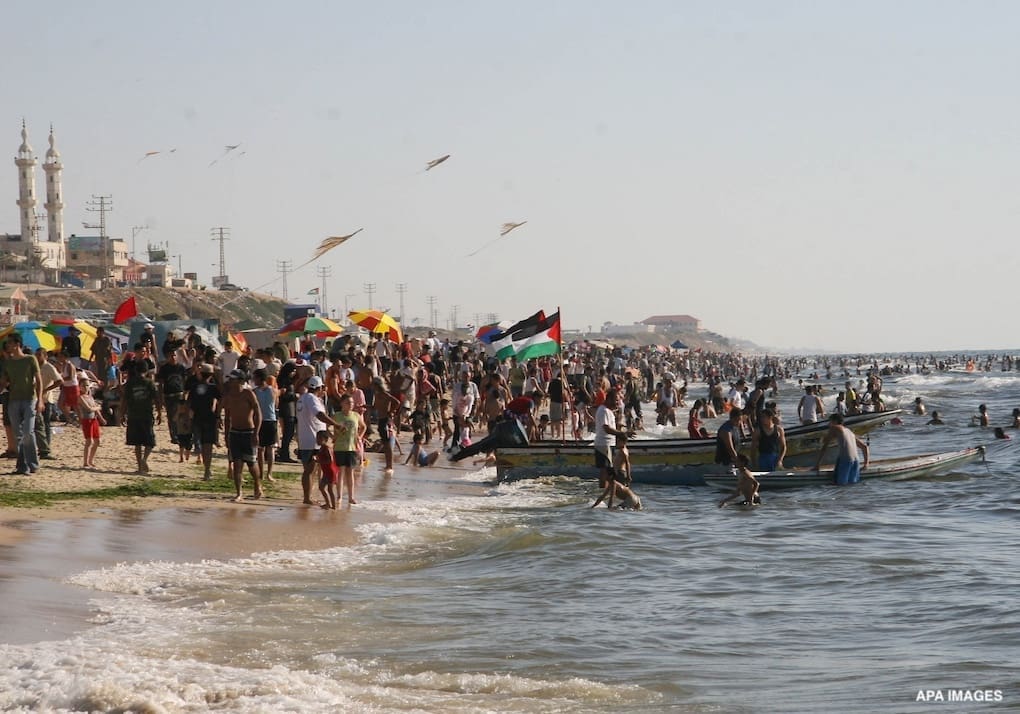
Introduction The erasure of Indigenous populations lies at the core of settler-colonial narratives. These narratives aim to deny existing geographies, communities, and histories to justify the displacement and replacement of one people by another. The Zionist project is no exception. Among Zionism’s founding myths is the claim that it “made the desert bloom” and that […]
Normalizing Israeli Impunity and Dominance: The Arab Role
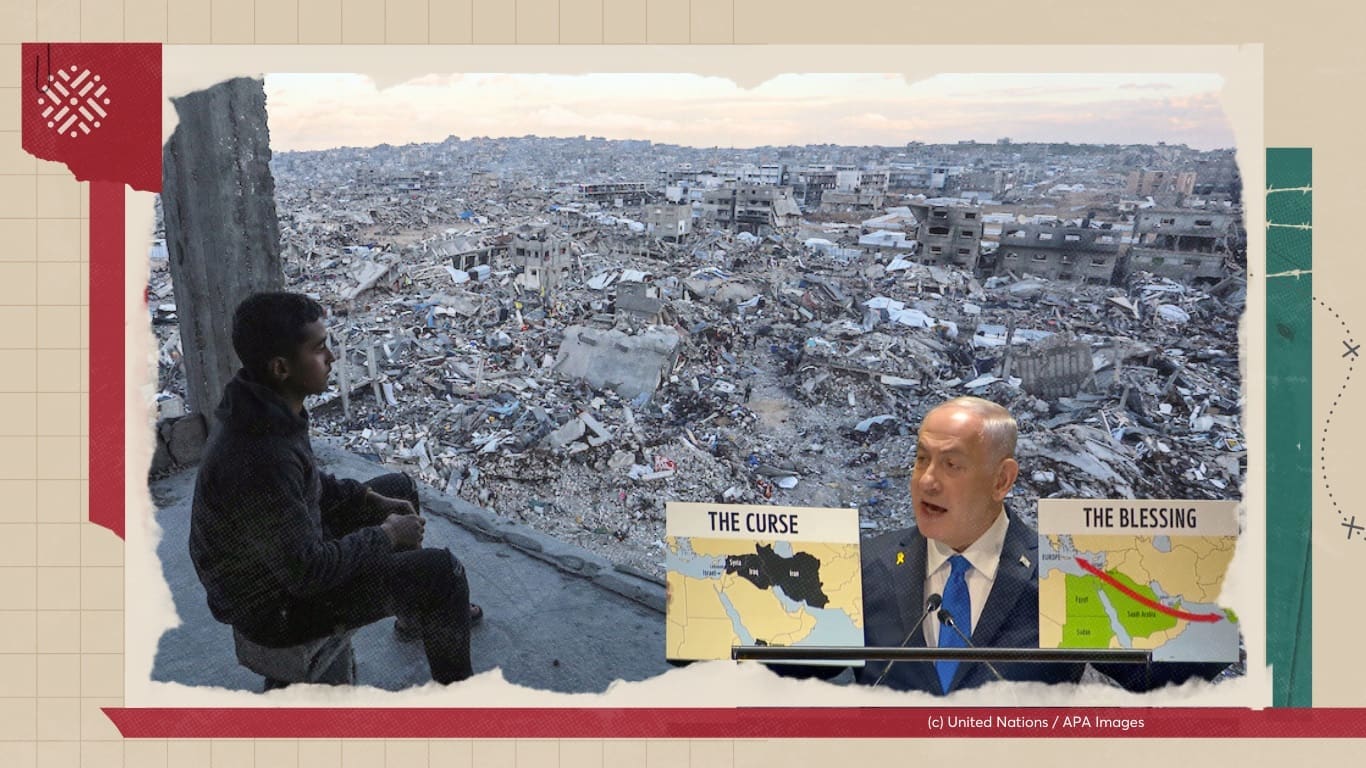
Introduction The October 7, 2023, Al-Aqsa Flood operation aimed to revive Palestinian armed resistance and reassert the cause in Arab and global consciousness after years of marginalization. It dealt a major blow to Israel’s deterrence, rupturing its image as a secure colonial outpost entrusted with protecting Western strategic interests. It also exposed cracks in its […]
Timed for Impunity: Israel’s War on Iran
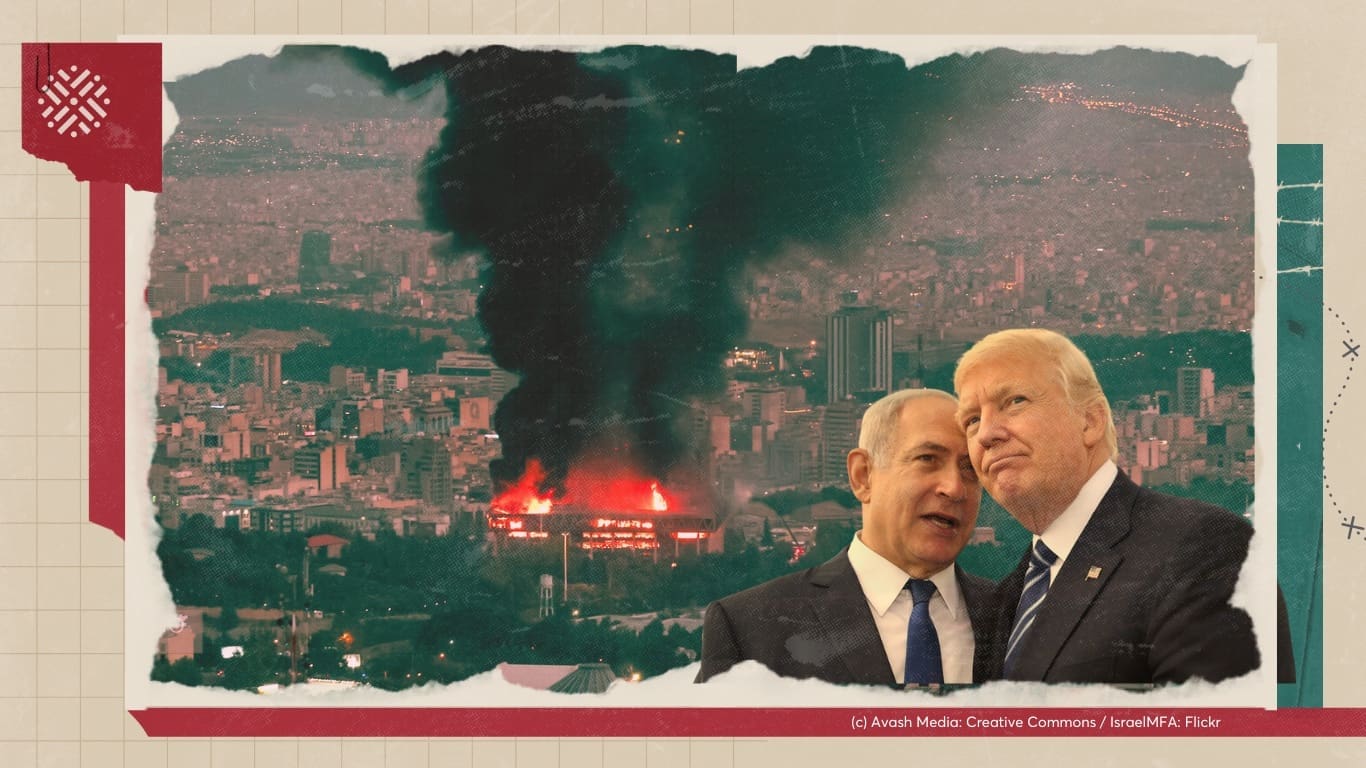
Introduction On Thursday, June 19, 2025, Israeli Prime Minister Benjamin Netanyahu stood in front of the aftermath of an Iranian strike near Bir al-Saba’ and told journalists: “It really reminds me of the British people during the Blitz. We are going through a Blitz.” The Blitz refers to the sustained bombing campaign carried out by […]
Political Reconstruction: For Gaza and Collective Survival
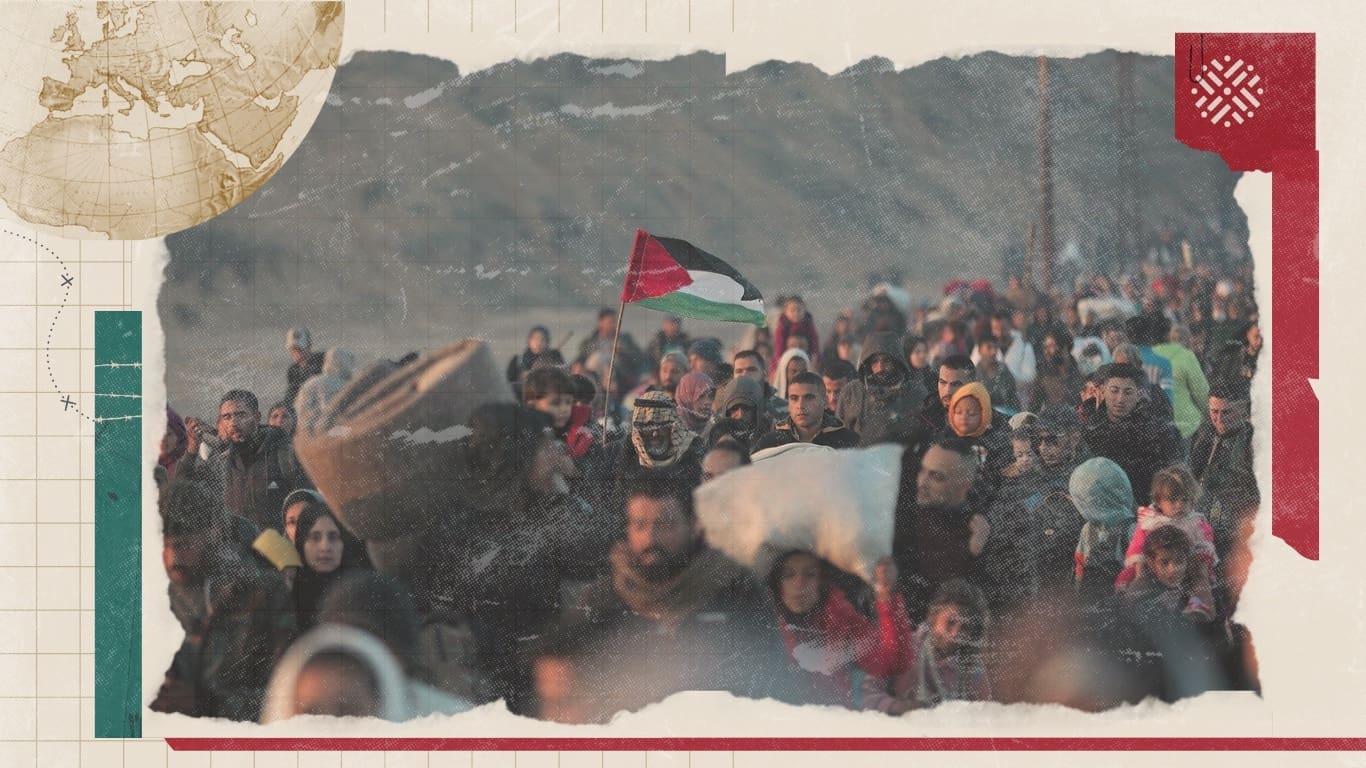
Introduction After more than a year and a half of Israel’s genocidal assault—marked by mass killings, devastation, and profound loss—even speaking of Gaza’s future, let alone its reconstruction, feels impossible. Indeed, the rebuilding of Gaza feels increasingly out of reach amid stalled negotiations, the collapse of the ceasefire agreement, and the relentless bombardment of people […]
Palestine and an Expanding BRICS: Swaying the Global Order
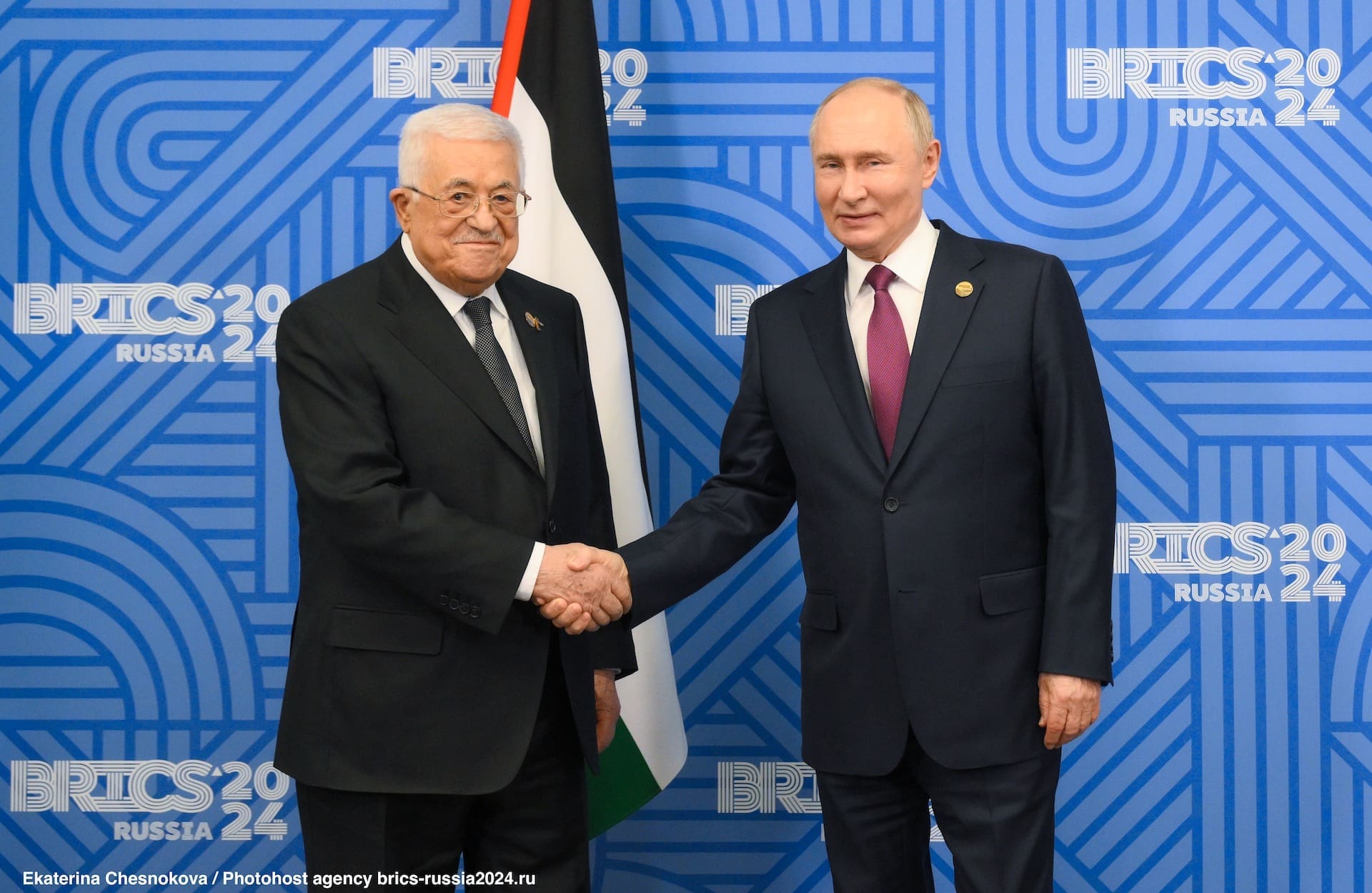
BRICS, a bloc of emerging and fast-growing non-Western economies named after its core members (Brazil, Russia, India, China, and South Africa), has recently extended its reach to the MENA region in pursuit of a multipolar world. Egypt, Iran, and the United Arab Emirates (UAE) joined the bloc in 2023, while Saudi Arabia has maintained an […]
The Palestinian Struggle: From Genocide to Global Realignment
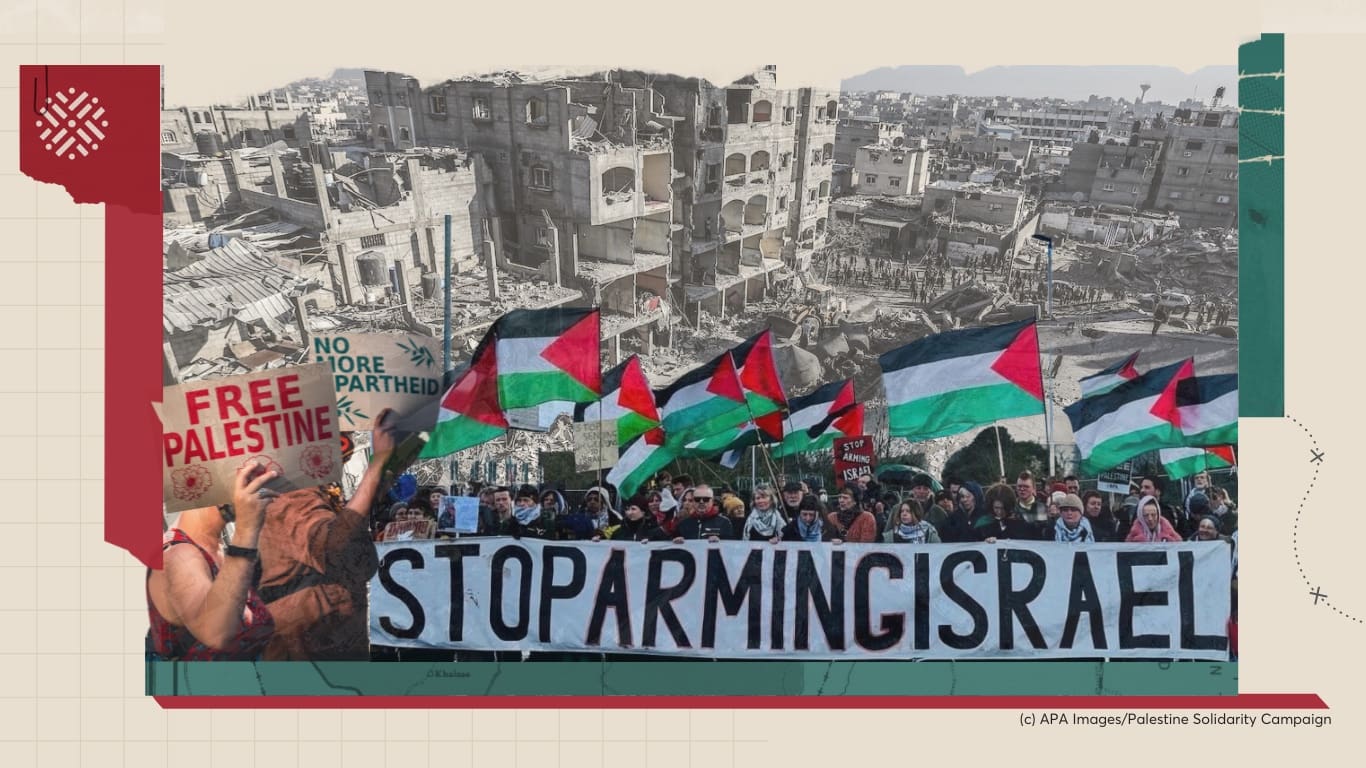
This commentary is based on an episode of Rethinking Palestine, Al-Shabaka’s podcast series, which aired on October 31, 2024. The discussion may be listened to in full here. Introduction: Reorienting the Struggle For Palestinians, a return to the conditions prior to October 7 is unthinkable. This past year has been one of the bloodiest in […]
Reimagining Palestine After One Year of Genocide
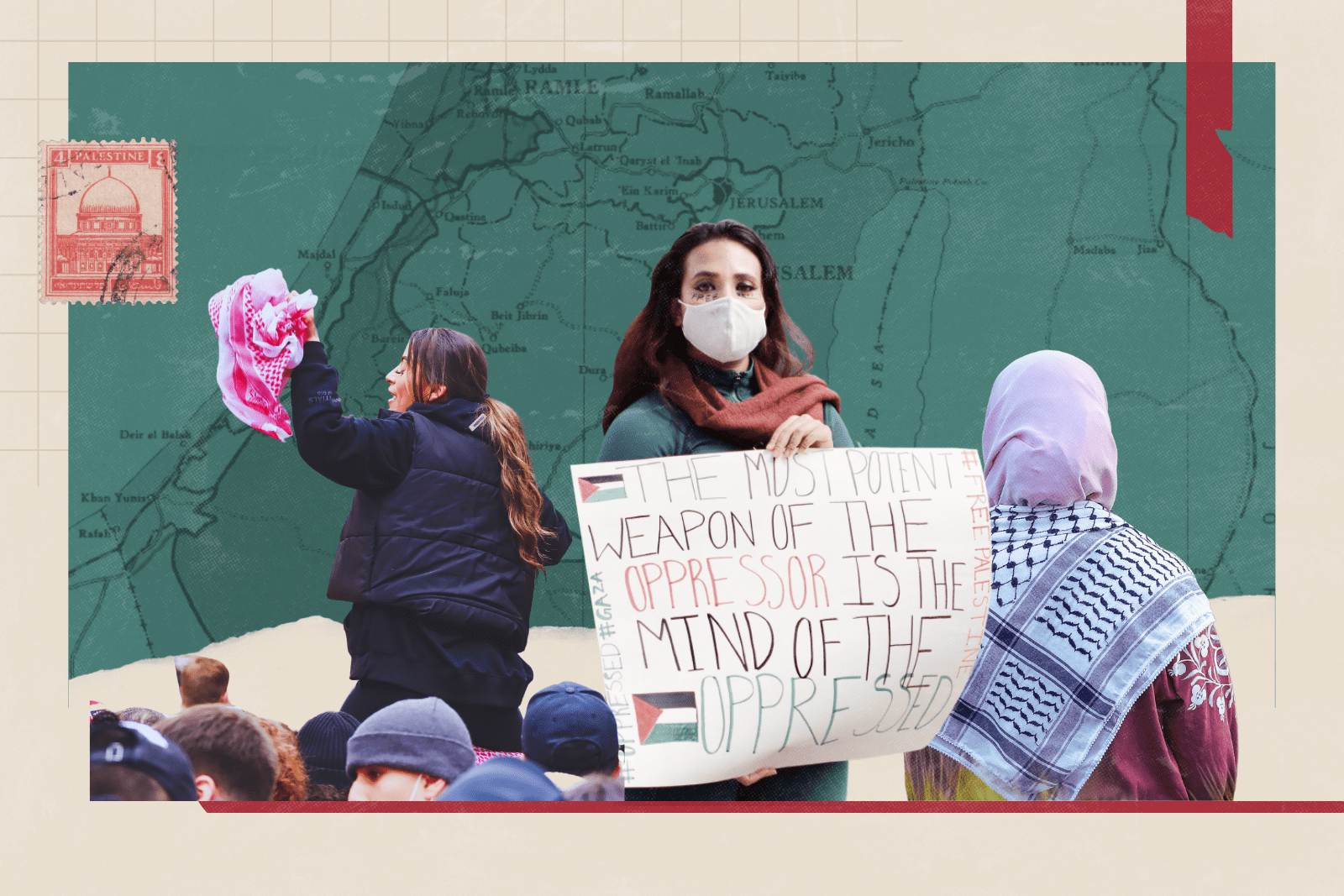
After a year of enduring relentless violence and devastation, Palestinians stand at a pivotal moment. This commentary reflects on the immense losses for the Palestinian people since October 2023 and the emerging opportunities to work towards a future free of settler colonial oppression. It argues that now is the time for the movement to shift […]
Student Organizing & Change-Making on University Campuses
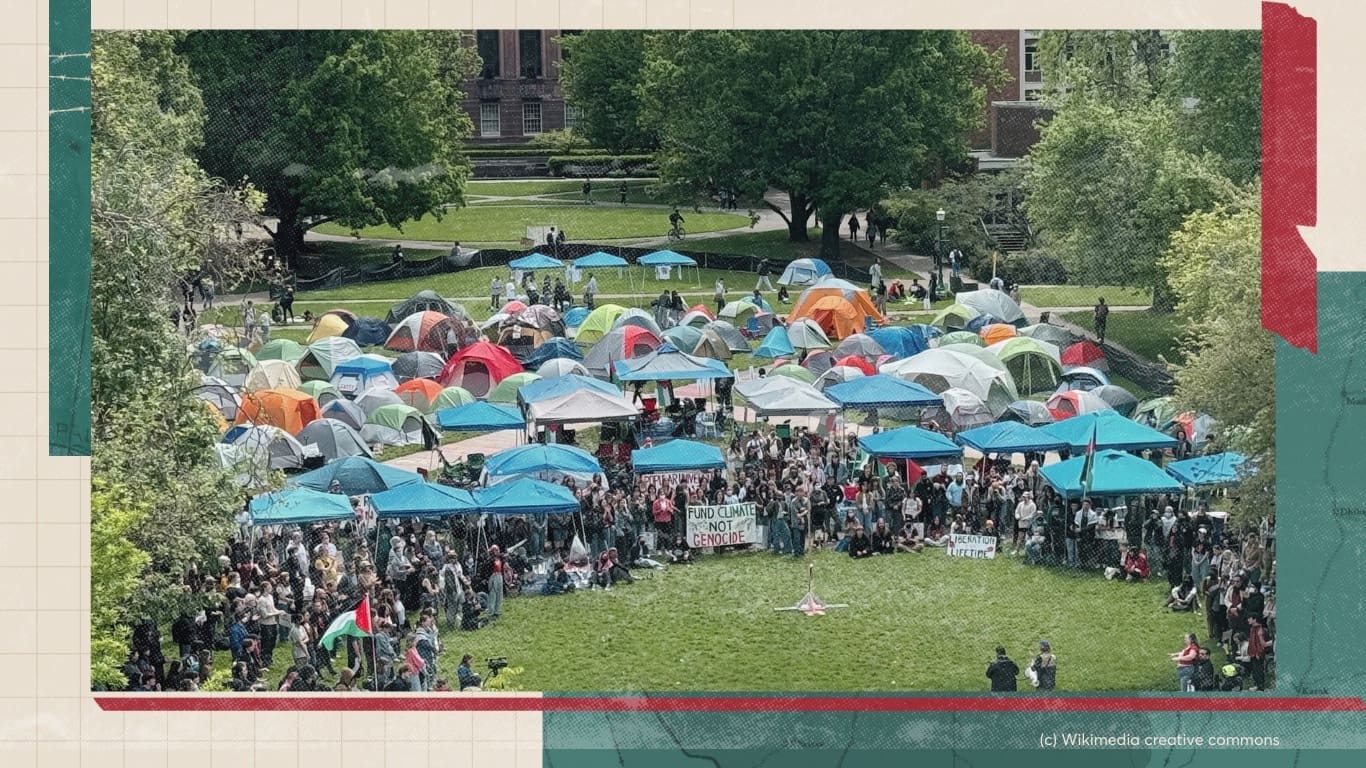
This commentary is based on an episode of Rethinking Palestine, Al-Shabaka’s podcast series, which aired on May 27, 2024. The discussion may be listened to in full here. In April 2024, students at Columbia University set up an encampment on campus grounds in solidarity with the Palestinian people—particularly those in Gaza facing the ongoing genocide. […]







